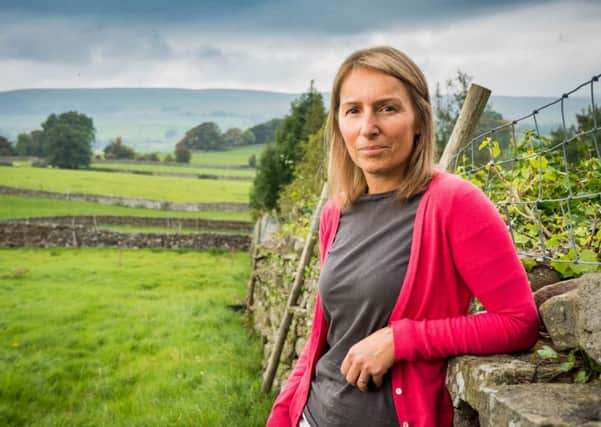Is paying farmers by results in the Yorkshire Dales working? Helen Keep considers it merits to date


If you’ve not heard of the scheme before, it turns convention on its head. Payments are being made to farmers according to outcomes, in this case for species-rich hay meadows or good habitat for wading birds, rather than according to their ability to follow a set of prescriptions.
It sounds like common sense, but has it worked?
Before suggesting an answer, I want to draw your attention to the summary of responses to the Government’s consultation on ‘Future of Food, Farming and the Environment’.
Advertisement
Hide AdAdvertisement
Hide AdIt was heartening to learn that the majority of the 170,000 responses identified the health of the environment as a top priority.
Soil health, increased biodiversity and water quality were regarded as the most important outcomes. Preserving rural resilience, traditional farming and upland landscapes also figured highly in the responses.
It is important to digest this information, because it has obviously influenced Government thinking on post-Brexit legislation for rural areas, which was set out in the Agriculture Bill earlier this month.
Although the Bill is subject to change as it goes through parliament, we now know what the Government will pay farmers and land managers to produce in the future.
Advertisement
Hide AdAdvertisement
Hide AdWhat remains to be worked out is how the proposed Environmental Land Management scheme is going to be designed and run. I certainly think the payment by results approach has shown enough promise to be part of the tool box.
As we write the end-of-project report, we are looking at the data to work out how the approach has affected the condition of the habitats.
We are also, crucially, looking at how it has altered farmers’ perspective on environmental management.
Advertisement
Hide AdAdvertisement
Hide AdAt the moment we have only preliminary results, but they appear to show that hay meadows have shown a marked improvement under the scheme.
The farmers’ plant identification skills have increased over the course of the pilot, too, meaning that their assessments of their hay meadows are tallying well with the scores that I or my colleagues have given.
The condition of the breeding wader habitat in the scheme, however, has more or less stayed the same, despite the best efforts of the farmers. This could be to do with the mechanism of measurement being more subjective than the hay meadows part of the scheme, as well as the prolonged dry summer weather.
It’s clear that more work must be done to ensure the payment by results approach is robust and fair to all parties.
Advertisement
Hide AdAdvertisement
Hide AdGiven that Defra has decided to fund the pilot for a further two years, I am delighted to say that this work will take place.
The farmers in the scheme are enthusiastic about the payment by results approach because they can use their skill and judgement to produce the desired outcomes.
One of the most surprising and pleasing aspects of the pilot is that it has helped to engender a healthy competitiveness among the farmers to do more for the environment.
Helen Keep is senior farm conservation officer at the Yorkshire Dales National Park Authority.